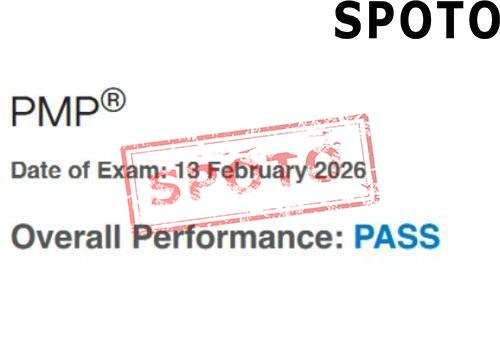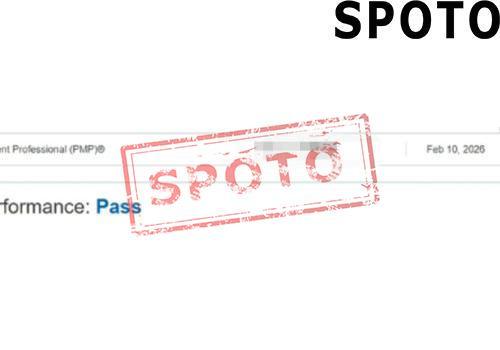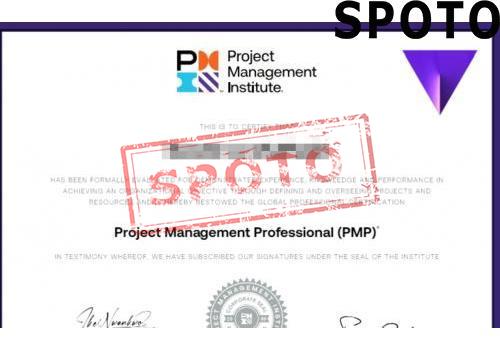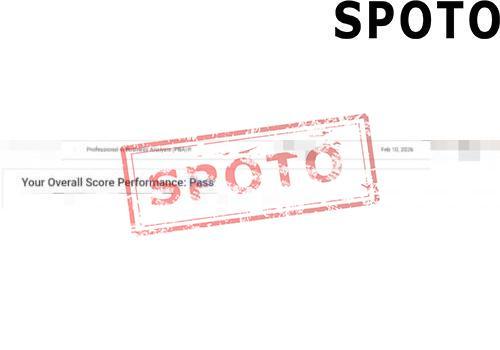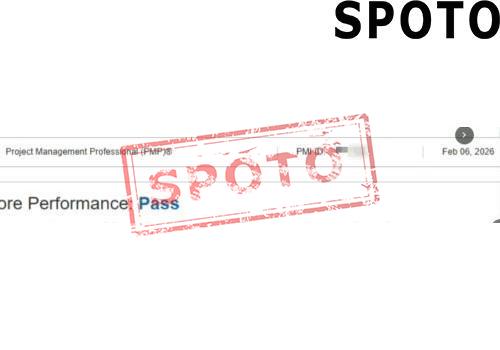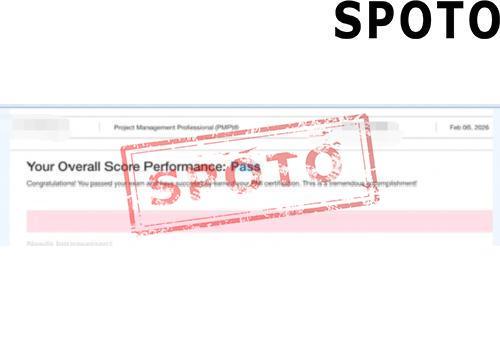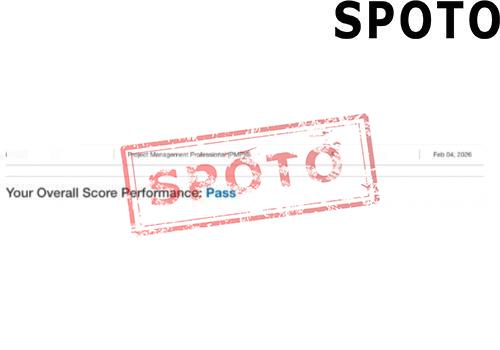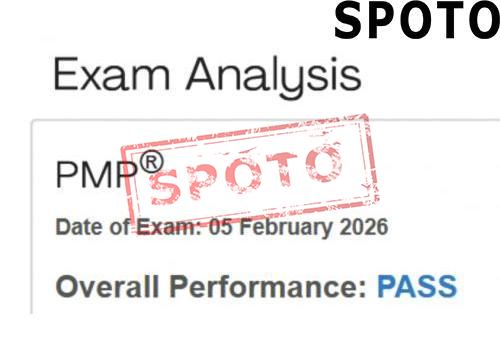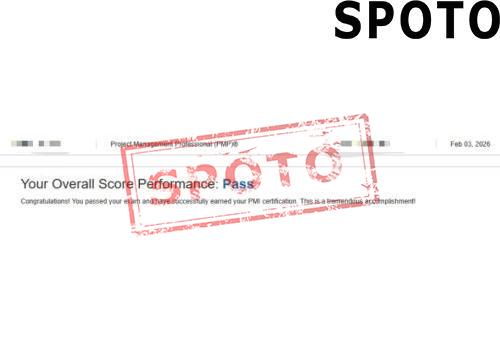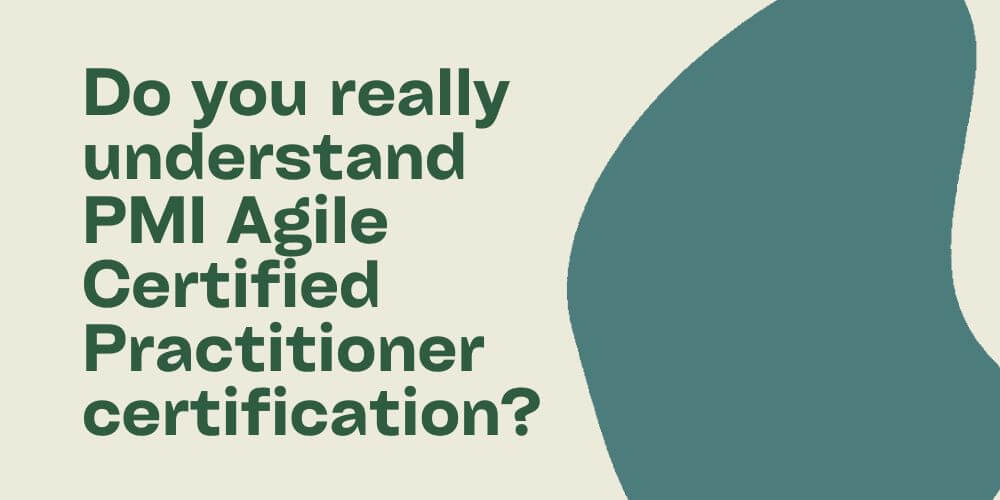
Table of Contents
- 1. What is PMI Agile Certified Practitioner certification?
- 2. Benefits of having PMI Agile Certified Practitioner certification
- 3. Details of the PMI Agile Certified Practitioner certification
- 4. What Are the Qualifications to get a PMI Agile Certified Practitioner certification?
- 5. How much does it cost to pass the PMI Agile Certified Practitioner certification?
- 6. Similar certifications of PMI Agile Certified Practitioner certification
This article will introduce you to what a PMI Agile Certified Practitioner certification is, the details information of PMI Agile Certified Practitioner certification and the necessary conditions to get a PMI Agile Certified Practitioner certification. By reading this article, you will gain an in-depth understanding of the PMI Agile Certified Practitioner certification.
1. What is PMI Agile Certified Practitioner certification?
PMI Agile Certified Practitioner (PMI-ACP® ) is a professional certification launched by the Project Management Institute (PMI) that focuses on agile practices. It aims to verify the comprehensive ability of the holder to apply multiple agile methods in agile project management. It is one of the most influential certifications in the agile field worldwide and is suitable for all practitioners who participate in or lead agile projects and teams. The PMI Agile Certified Practitioner is different from the certification of a single agile framework. It emphasizes "universal practices across agile methods" and focuses on the flexible application of agile principles in different scenarios, rather than mechanically applying a certain framework. The core goals of the PMI Agile Certified Practitioner are to establish unified standards for agile practices, covering core elements such as agile values, teamwork, iterative delivery, and continuous improvement, and to prove that the holder has the ability to choose appropriate agile methods in complex projects and balance agile flexibility and project constraints; to help organizations identify professionals who can effectively promote agile transformation and coordinate agile teams with business goals.
2. Benefits of having PMI Agile Certified Practitioner certification
PMI-ACP® is a certification launched by PMI that complements PMP. PMP focuses on integrated management, while PMI-ACP® focuses on agile practices. It has a high degree of global recognition and is highly recognized in multinational companies, IT, Internet, software development and other fields. PMI-ACP® covers a variety of agile methods, proving that the holder can choose the most appropriate practice based on the characteristics of the project rather than being limited to a single framework. With the development of enterprises, the demand for agile talents continues to grow. PMI-ACP® is an important plus for job hunting and promotion, especially in organizations undergoing agile transformation. Certified holders are more likely to obtain management positions, which can help job seekers or existing workers who hope to further develop their work have more career options. This certification has a high degree of practical guidance. The preparation process can systematically sort out agile principles and tools to help practitioners solve practical problems.
3. Details of the PMI Agile Certified Practitioner certification
The PMI-ACP® exam lasts a total of 3 hours, with 120 multiple-choice questions. Candidates can choose to take the online computer test at home or at a designated test center through Pearson VUE's OnVUE platform or take the offline written test at an authorized test center in some regions. The exam content is based on PMI's "Agile Practice Guide," covering 7 major knowledge areas, with a total score of 200 points and a passing score of 150 points. "Pass/Fail" will be displayed immediately after the exam, and the detailed score report can be checked on the PMI official website about 5 working days later. The exam focuses on modules such as agile principles and thinking, value-driven delivery, stakeholder participation, team performance, adaptive planning, problem discovery and resolution, and agile practice tools.
4. What Are the Qualifications to get a PMI Agile Certified Practitioner certification?
(1) Submit an application
Fill out the online application on the PMI official website and upload project experience certificates, training certificates and other materials. The review period is about 5-10 working days.
(2) Pass the exam
After passing the review, make an appointment for an online or offline exam at the Pearson VUE test center. PMI uses a standard score system and requires a score of 150 or above to pass.
(3) Maintain certification
The certification is valid for 3 years. Within 3 years, you need to accumulate 30 professional development units and pay a renewal fee of US$150.
5. How much does it cost to pass the PMI Agile Certified Practitioner certification?
The initial registration fee for the PMI-ACP® exam is $435 for PMI members and $535 for non-PMI members. To become a PMI member, you need to pay an additional annual fee, which is $139/year globally, and $39/year for student members. Members can enjoy discounts on exam fees and other resource benefits. If you fail the first exam, you can retake it within 1 year of the registration validity period: PMI members will spend $250 and non-PMI members will spend $375. In addition, the PMI-ACP® certification requires candidates to complete at least 21 hours of agile training. The training fee varies depending on the institution, course format and region, usually between $500-1500. The certificate is valid for 3 years. When renewing the certificate, you need to pay a renewal management fee of $150 and accumulate 30 professional development units.
6. Similar certifications of PMI Agile Certified Practitioner certification
- ICAgile Certified Professional (ICP)
- Certified ScrumMaster (CSM)
- SAFe Agilist (SA)
- AgilePM Foundation

